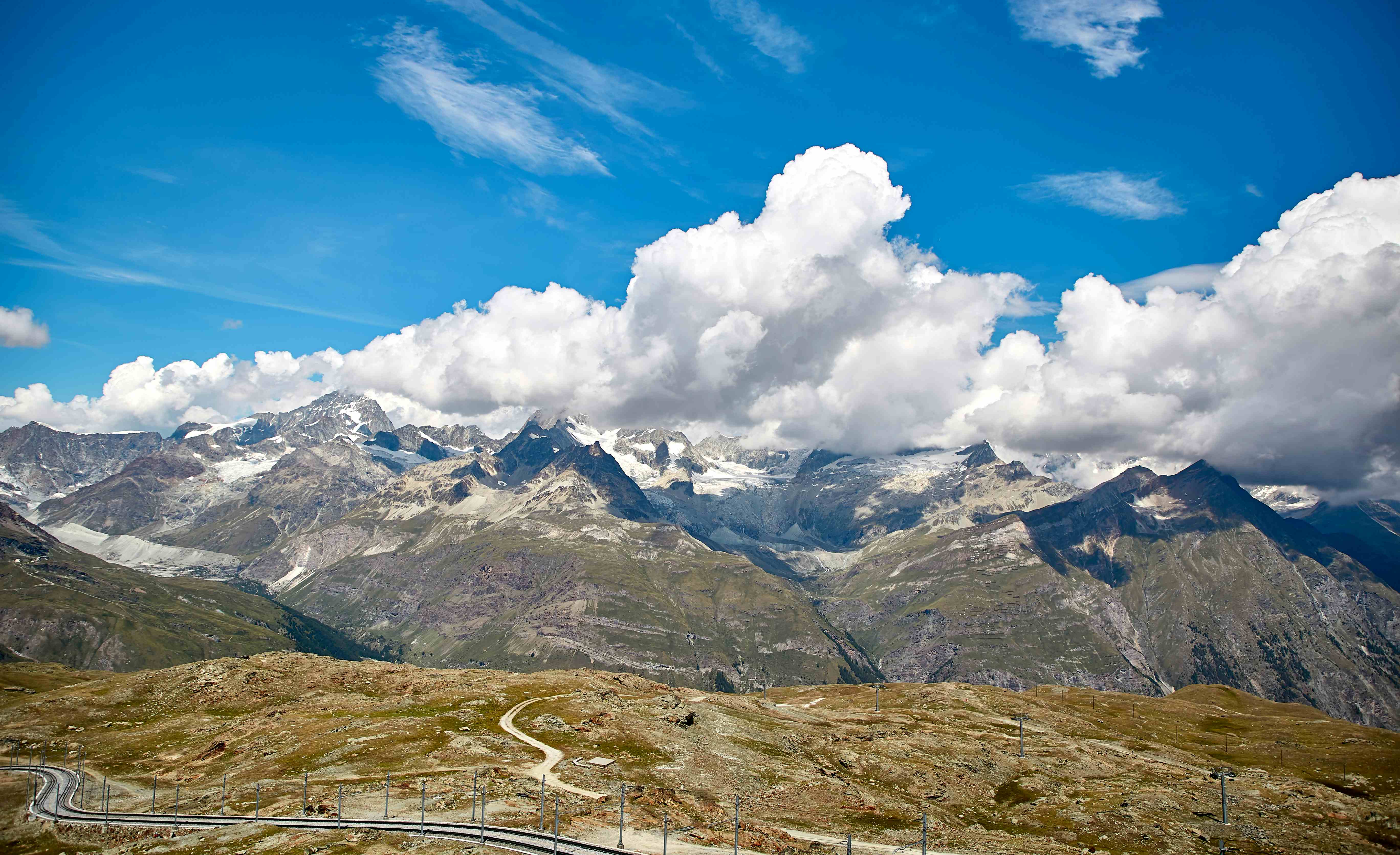Travelling to Switzerland by car
You can travel to Switzerland by car and this does not require any special preparations. It is recommended to check whether your insurance is valid abroad and whether there are any restrictions on driving in the Alps.
It is also important to be familiar with the traffic rules in Switzerland, which differ from those in some countries. Also make sure you have a valid ID, driving license and international insurance with you. On this page you can read everything you need to know when traveling through Switzerland by car.
Toll charges in Switzerland
In Switzerland, your vehicle must currently still have a toll sticker. In 2024, the country will switch to a digital vignette that will be linked to your license plate. More info?
Go to our page for the Swiss vignette. In addition, you must pay additional toll charges for certain tunnels and roads.
Corona rules for travellers by car in 2023
The following rules currently (February 2023) apply:
- There is no specific travel restriction for Dutch travellers travelling to Switzerland, but it is recommended to adhere to Switzerland's COVID-19 protocols, such as wearing face masks in public transport and social distancing.
- It is recommended to bring a valid COVID-19 test certificate or vaccination certificate.
- On arrival in Switzerland you may be asked to take your temperature and leave your contact details.
Are there border checks in Switzerland?
Yes, there are border checks in Switzerland. Switzerland is not a member of the European Union and may therefore check the borders. These checks may change from time to time depending on the political and security situation.
Best route from the United Kingdom to Switzerland by car
A common route from Amsterdam to Basel is:
Amsterdam > Utrecht > Arnhem > Oberhausen > Freiburg.
This journey takes about 8 hours, depending on the traffic.
Which route will you take through Switzerland?
Below you will find some of the most popular routes through Switzerland:
- Route des Grandes Alpes: This famous route is about 700 km long and runs from Lake Geneva to Italy, through the Alps and along the most spectacular mountain passes, including the Col de la Bonette and the Col de l'Iseran
- Grossglockner Hochalpenstrasse: This is one of the most famous mountain passes in Austria and Switzerland, with breath-taking views of the Großglockner Glacier and the Hohe Tauern peaks.
- Lake Geneva: This route runs along Lake Geneva and offers beautiful views of the Alps, the cities of Lausanne and Montreux and the lake itself.
- Albula-Bernina: This route is part of the Rhaetian Railway and runs through the Swiss Alpine landscape, with breath-taking views of mountains, valleys and lakes.
Mandatory to have in the car in Switzerland
There are some items that you must have in the car:
- Insurance documents: You should always have your insurance documents with you while driving.
- Driving license: Make sure you have your valid driving license with you.
- Rain gear: Switzerland is known for its fast-changing weather, so it's a good idea to have rain gear in the car.
- Snow chains: Snow chains are mandatory on certain roads in winter, especially on mountain passes. Make sure you have them with you and know how to use them.
- First aid kit: It is wise to have a first aid kit with you in case of emergencies.
- GPS system: A GPS system can help you find your way and avoid getting lost..
- Toll roads: Switzerland is known for its many toll roads, so make sure you have enough cash with you to pay for them.
How many electric charging points are there in Switzerland?
In 2021, there were about 15,000 public electric charging points in the country, with a network of charging points along major traffic routes and in major cities.
The Swiss network of electric charging points is extensive and efficient, with a large number of public and fast charging points available. It's easy to charge electric cars while driving through Switzerland.
Fuel prices in Switzerland
Below you will find the current fuel prices in Switzerland (last updated on 03-02-2023)
- Euro 95 (E10): €1.819
- Diesel (B7): €2.040
- Lpg: €1.223
Important traffic rules in Switzerland
- Speed: The speed limit on motorways is 120 km/h and on most other roads the speed limit is 80 km/h. There are also specific speed limits for certain roads and areas, so it's important to follow the signs.
- Snow chains: Snow chains are mandatory on certain mountain passes in winter, so make sure you have them with you and know how to use them.
- Alcohol: Drinking alcohol behind the wheel is prohibited in Switzerland and the permitted blood alcohol content is 0.5 mg/ml.
- Using mobile phones: It is prohibited to use mobile phones while driving, unless you use a hands-free device.
- Safety belt: Wearing a seat belt is mandatory for drivers and passengers.
- Traffic signs: It is important to follow and respect the traffic signs, because they contain specific rules and instructions.
Latest news
View the latest news for Switzerland below, or view all news.
NJ Vignette B.V. is an intermediary and applies for the vignette on your behalf and in your name. NJ Vignette B.V. charges a commission for this.
An agreement is concluded between you and the official authority of the relevant country that issues the vignette, with regard to the vignette requirement.
All prices on our website are including vat.

